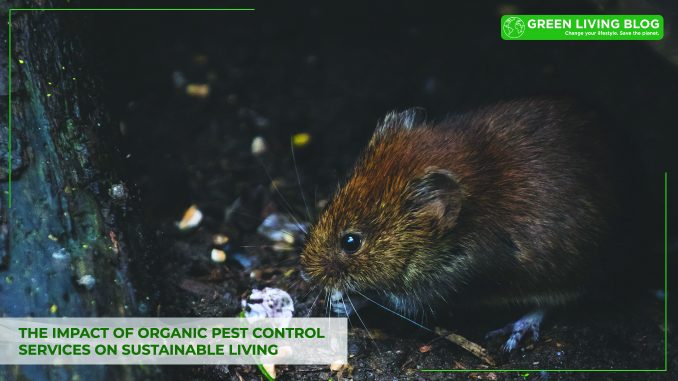
In the realm of sustainable living, the role of pest control often occupies a contentious position. Traditional pest management strategies, heavily reliant on chemical pesticides, have raised concerns regarding environmental and health impacts.
This has led to a growing interest in organic pest control services, which promise to manage pests effectively while aligning with the principles of sustainability.
However, understanding the true impact of these services requires an in-depth exploration of their methods and outcomes. This article delves into the impact of these services on sustainable living, exploring how organic methods are reshaping our approach to pest management.
As we navigate the challenges of modern living and the increasing need for environmentally conscious practices, examining the role of organic pest control becomes crucial. By analysing its benefits and limitations, we can better understand its place in our pursuit of a sustainable future, offering insights into how we can harmoniously coexist with the natural world while safeguarding our health and the environment.
Understanding Organic Pest Control
Organic pest control refers to the use of natural methods and substances to manage pest populations. These methods are designed to be environmentally friendly and safe for humans and wildlife, avoiding the use of synthetic chemicals. Techniques include biological control (using natural predators or parasites to control pests), physical control (like traps or barriers), and the use of organic pesticides derived from natural sources.
Environmental Benefits of Organic Pest Control
Reduced Chemical Pollution:
One of the primary benefits of organic pest control methods is the significant reduction in chemical pollutants. Traditional pesticides often contain chemicals that can leach into the soil and waterways, causing widespread environmental harm. Organic pest control, by using natural substances, minimises this risk, contributing to healthier ecosystems.
Biodiversity Preservation:
Chemical pesticides do not discriminate, often harming non-target species, including beneficial insects and pollinators. Organic pest control services prioritise selective methods that target specific pests, thereby preserving biodiversity and maintaining ecological balance.
Soil Health Improvement:
Chemical pesticides can degrade soil quality over time. In contrast, organic methods support soil health, often incorporating practices that enhance soil fertility and structure. This is crucial for sustainable agriculture and gardening.
Health and Safety in Organic Pest Control
Reduced Human Health Risks:
Conventional pesticides have been linked to various health issues, including respiratory problems, skin irritations, and even more serious long-term effects. Organic pest control reduces exposure to these harmful chemicals, offering a safer alternative for homeowners, workers, and anyone frequenting treated areas.
Safer Food Production:
In agriculture, the use of organic pest control methods ensures that the food produced is free from harmful pesticide residues. This is particularly important for organic farming, where maintaining the integrity of the produce is paramount.
Economic Impacts of Organic Pest Control
Cost-Effectiveness:
Initially, organic pest control services might seem more expensive than traditional methods. However, in the long run, they can be more cost-effective. This is because they focus on preventative measures and creating balanced ecosystems, which can reduce the frequency and severity of pest infestations.
Support for Organic Farming:
The rise in organic pest control services has bolstered the organic farming industry. This support is crucial in a market increasingly driven by consumer demand for organic produce, contributing to the economic viability of sustainable farming practices.
Challenges and Considerations in Organic Pest Control

Effectiveness and Time:
One challenge with organic pest control is that it may take longer to see results compared to chemical methods. This requires patience and a commitment to sustainable practices over immediate outcomes.
Knowledge and Expertise:
Effective organic pest control requires a deep understanding of pest behaviour, ecology, and organic methods. This often necessitates expert advice and services, which can be more specialized and thus more costly.
The Future of Organic Pest Control
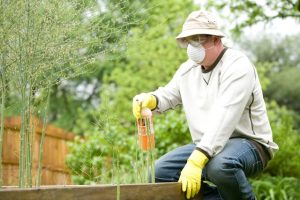
As awareness of environmental issues grows, the demand for sustainable solutions in all aspects of life, including pest control, is set to increase. Organic pest control services are not just a trend but a crucial component of a sustainable future. They represent a move towards methods that respect the environment, prioritize health, and support sustainable lifestyles.
Looking ahead, we can anticipate a surge in innovation within this sector, with research and development focusing on more efficient and effective organic pest control techniques. This will likely include advancements in biological control agents, improved understanding of pest ecology, and the development of more sophisticated organic pesticides.
Additionally, as public awareness rises, there will be a greater demand for transparency and accountability in pest control practices, pushing the industry towards more sustainable and eco-friendly approaches. This shift will not only benefit our immediate environment but also contribute to global efforts in combating climate change and preserving biodiversity.
The future of pest control is poised to become an integral part of the broader movement toward sustainability, playing a significant role in shaping a world where human health and ecological well-being are inextricably linked.
Conclusions
The adoption of pest control services that utilise organic methods is more than a mere alternative to traditional pest management; it’s a vital step towards sustainable living. By reducing environmental impact, safeguarding health, and supporting sustainable agriculture, these services offer a comprehensive solution to one of the persistent challenges of modern society. As we continue to strive for a balance between human needs and environmental stewardship, organic pest control stands out as a beacon of hope and a practical pathway to a healthier, more sustainable world.
This journey towards sustainability, however, is not without its challenges. It calls for a paradigm shift in how we view pest control, prioritising long-term ecological balance over short-term convenience. Embracing organic pest control is a testament to our commitment to future generations, ensuring that the planet we leave behind is as healthy, if not healthier than the one we inherited. As we move forward, we must continue to support and innovate in the field of organic pest control, making it an integral part of our sustainable living practices.
![]()
Author Profile

- Eco Warrior by day, Eco Blogger by night trying to get the eco balance right.
Latest entries
 EnvironmentMarch 31, 20255 Sustainable Materials for Building Your Dream Eco-Friendly Pergola
EnvironmentMarch 31, 20255 Sustainable Materials for Building Your Dream Eco-Friendly Pergola Best practicesMarch 25, 202510 Green Tips to Live a More Sustainable Lifestyle
Best practicesMarch 25, 202510 Green Tips to Live a More Sustainable Lifestyle Green Expert GuidesMarch 12, 2025Flexible Solar Panels for Trucks: Benefits of Smarter Solar Energy Solutions for the Trucking Industry
Green Expert GuidesMarch 12, 2025Flexible Solar Panels for Trucks: Benefits of Smarter Solar Energy Solutions for the Trucking Industry Green Home GuidesFebruary 27, 2025How Sustainable Heating is made simple with Bioethanol Fireplaces
Green Home GuidesFebruary 27, 2025How Sustainable Heating is made simple with Bioethanol Fireplaces

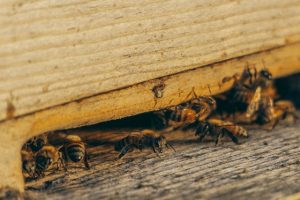
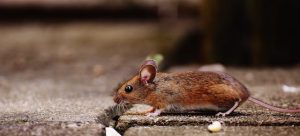
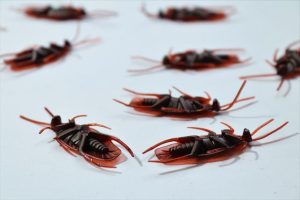




Leave a Reply
You must be logged in to post a comment.